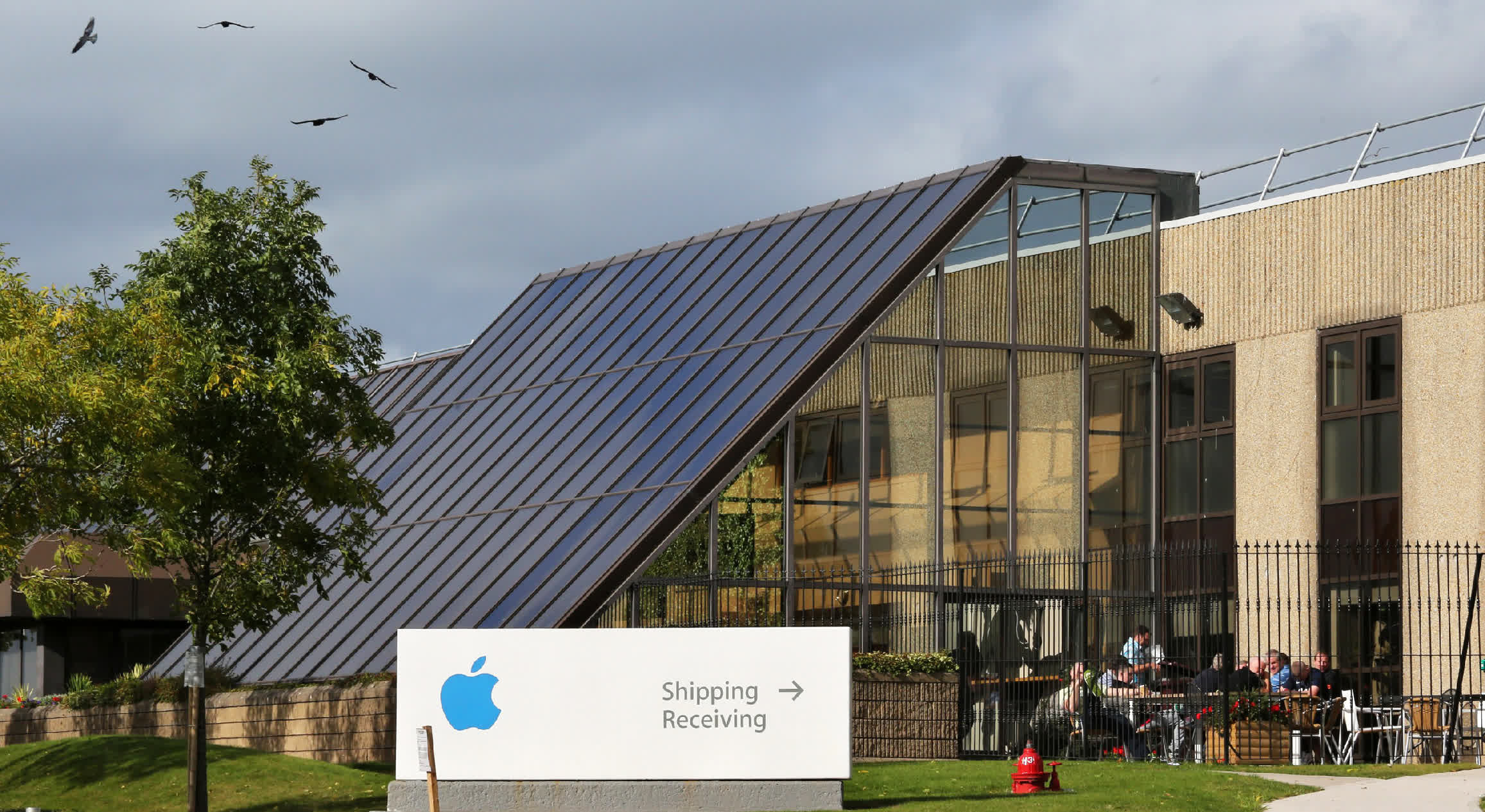Recap: With $15 billions in back taxes sitting in an escrow account ready to be paid to Ireland at a moment's notice, Apple could still end up keeping the money and giving the European Commission the middle finger. However, the European Commission isn't giving up the fight, and will appeal a recent ruling in Europe's General Court that sided with Apple and Ireland.

Back in July, Apple and Ireland won an appeal against a $15 billion tax bill imposed by the European Commission. The Cupertino giant paid the amount plus interest -- a whopping $16.7 billion -- in 2016, representing unfair tax breaks and benefits received in Ireland between 2003 and 2014. What followed was a multi-year battle to overturn that decision, which is now heating up after a judge in EU's general court ruled that the Commission had failed to prove that Ireland has given a tax advantage to Apple.
Today, the European Commission announced it will appeal the July 2020 decision made by the General Court in Luxembourg and bring it before the European Court of Justice. EU vice president of digital policy Margrethe Vestager explained in a statement that while the General Court's assessment revealed important legal issues in its ruling, the Commission intends to prove the General Court has made "a number of errors of law."
Specifically, the EC will draw attention to the fact that while EU member states are allowed to determine their own taxation laws as they see fit, they must do so in respect of EU law, including rules on state aid. Failing that, multinational companies can engage in anti-competitive deals that represent illegal state aid -- in the case of Apple, its effective tax rate went from an already lowly 1 percent in 2003 to 0.005 percent in 2014.

This is possible thanks to Ireland's famous quality of being a tax haven for multinational corporations. While the country does have a corporate tax rate of 12.5 percent (versus 21 percent in the US), it also provides generous base erosion and profit shifting (BEPS) tools that allow foreign companies to achieve an effective tax rate of less than 2.5 percent on global profits that are routed to Ireland.
According to a 2019 study conducted by the International Monetary Fund, almost 40 percent of the worldwide "foreign direct investment" can be considered "phantom capital," and amounts to $15 trillion that is passed through shell companies with no real business activities in the countries where they've been established. In Ireland, two thirds of the inward investment is phantom capital, and half of the biggest users of BEPS tools are US multinationals -- including Apple.
As for the Cupertino giant, it believes "the General Court categorically annulled the Commission’s case in July and the facts have not changed since then. This case has never been about how much tax we pay, rather where we are required to pay it. We will review the Commission’s appeal when we receive it, however it will not alter the factual conclusions of the General Court, which prove that we have always abided by the law in Ireland, as we do everywhere we operate."
In the meantime, Apple has raised developer fees in Europe in response to new digital taxes implemented in several countries. Furthermore, the OECD is racing to rewrite international tax rules by the end of the year to coerce multinational companies into paying their fair share in every country they operate in.
https://www.techspot.com/news/86893-european-commission-appeal-ruling-favored-apple-15-billion.html